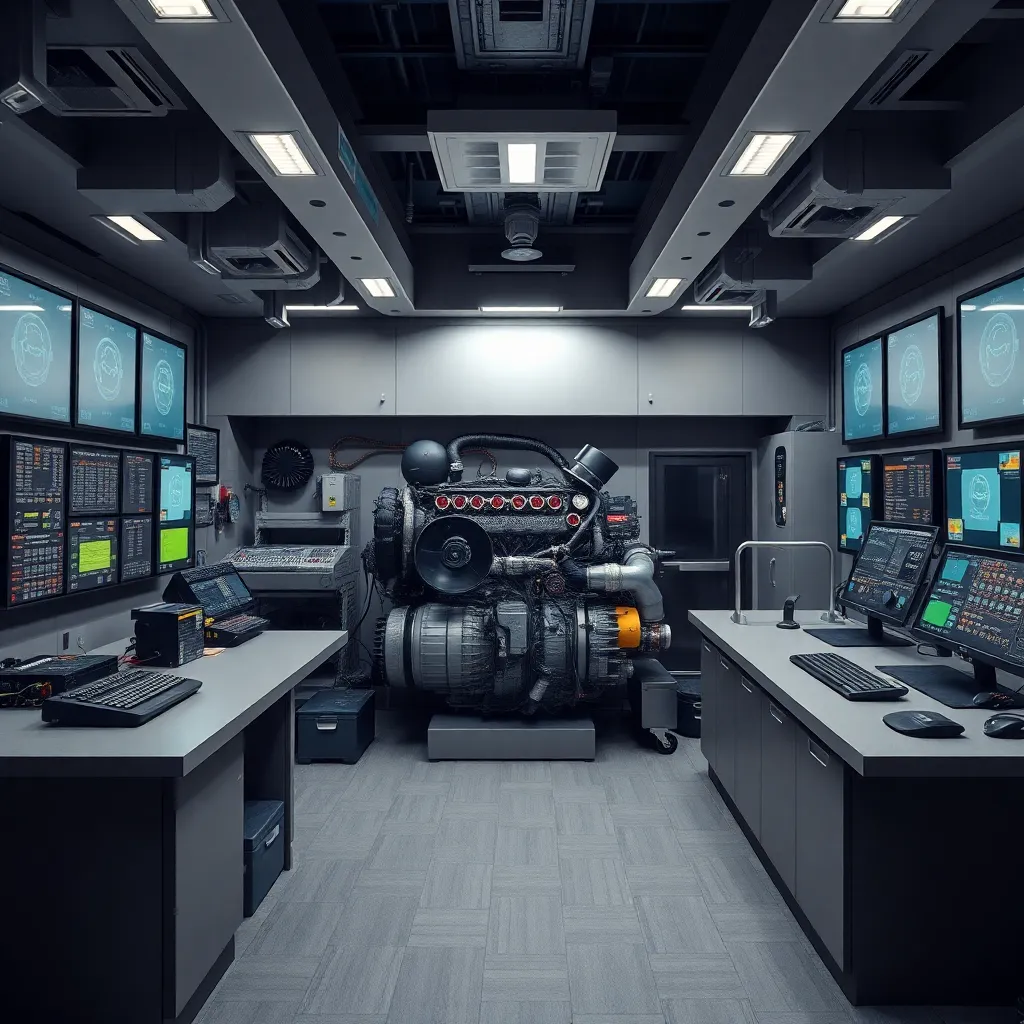What are UMS Requirement ?
The UMS (Unmanned Machinery Space) requirements, as outlined in the SOLAS (Safety of Life at Sea) regulations from 1977, are essential for ensuring the safety and functionality of vessel machinery while minimizing the need for crew presence in machinery spaces.

Here’s a concise summary of the UMS requirements you mentioned:
UMS Requirements
1.Bridge Control of Propulsion Machinery:
- The watchkeeping officer must have the ability to take emergency control actions.
- Control systems should be simple and user-friendly.
2.Centralized Control and Instrumentation:
- Centralized controls in the machinery space must allow for quick access in emergencies.
- Controls must be comprehensive and easily reachable.
3.Automatic Fire Detection System:
- Alarms and detection devices should operate rapidly.
- Multiple well-partitioned detectors must be installed for quick response.
4.Fire Extinguishing System:
- In addition to hand-held extinguishers, a remote control fire station is essential.
- The station should provide control over pumps, generators, quick-closing valves, ventilation, and extinguishing media.
5.Alarm System:
- A comprehensive alarm system must be established for the control of the accommodation area.
6.Automatic Bilge High-Level Fluid Alarm and Pumping Units:
- Bilge sensing devices must have alarms and automatic pump activation/deactivation.
7.Automatic Start of Emergency Generator:
- Emergency generators should be connected to a separate busbar and primarily serve to prevent blackouts.
8.Local Planned Control of Essential Machinery:
- Controls should be significantly localized for immediate access and management.
9.Adequate Settling Tank Storage Capacity:
- Properly designed storage systems must be in place for pollutant management and system efficiency.
10.Designed Safety Systems:
- Systems should automatically isolate malfunctioning segments and restore control.
11.Steering Gear Operations:
- Features should allow for shutdown in case of serious malfunctions.
- Stand-off options and load-sharing mechanisms should be implemented for auxiliary engines.
12.Deadman Alarm:
- An alarm system to ensure that vessels can detect operator incapacitation or emergencies.
These requirements help ensure that the vessel can operate safely and efficiently without the constant presence of crew members in the machinery space, while also preparing for emergencies where human intervention is necessary. If you have further specific queries regarding these requirements, feel free to ask!
